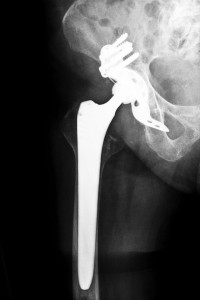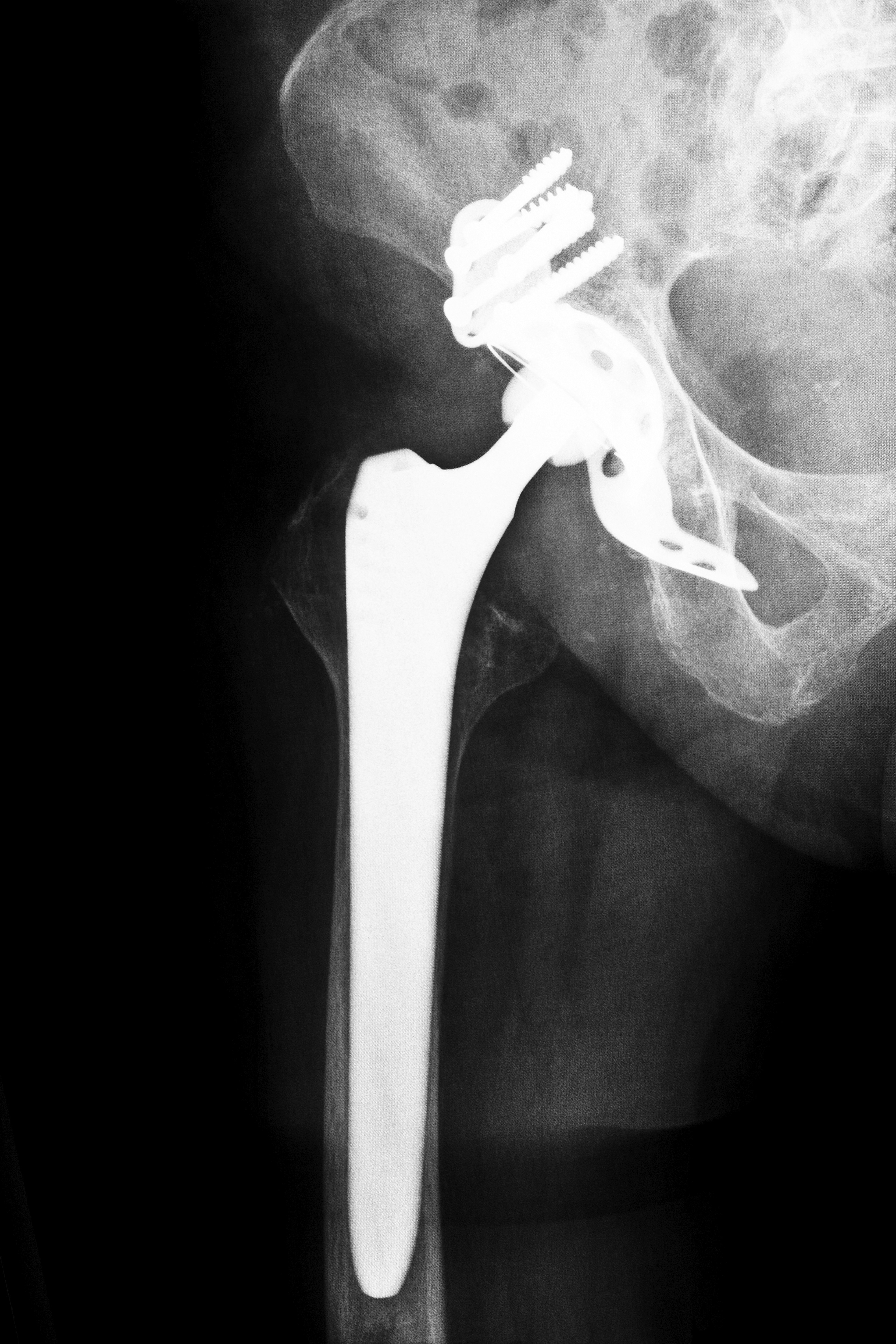 As a $350 billion industry, medical device manufacturers reportedly engage in concerted lobbying efforts to convince legislators to speed up the process for getting new devices into the market. It appears that these efforts are working, as the United States Food and Drug Administration (FDA) has updated approval guidelines related to medical devices. To some experts, the changes will weaken measures that ensure patient safety, despite a report by the Institute of Medicine released a report in 2011 that found the 510(k) process in use prior to the updates was so flawed that they recommended it be cancelled due to the number of defective medical devices it allowed to be released in Arkansas and other states.
As a $350 billion industry, medical device manufacturers reportedly engage in concerted lobbying efforts to convince legislators to speed up the process for getting new devices into the market. It appears that these efforts are working, as the United States Food and Drug Administration (FDA) has updated approval guidelines related to medical devices. To some experts, the changes will weaken measures that ensure patient safety, despite a report by the Institute of Medicine released a report in 2011 that found the 510(k) process in use prior to the updates was so flawed that they recommended it be cancelled due to the number of defective medical devices it allowed to be released in Arkansas and other states.
Two Approval Methods
The FDA uses two approval methods before releasing medical devices to the public. The 510(k) process is used for approximately 95 percent of devices designed to treat patients. Extremely high-risk devices must use the premarket approval method, and experts claim that even that method has flaws. Both processes used to examine medical devices appear to be far less rigorous than those necessary to bring a prescription drug to market. The 510(k) process relies on demonstrations by manufacturers that a product is “substantially equivalent” to devices that are already on the market. In one case examined by the Institute of Medicine, a device designed to diagnose tumors was approved because it was similar to a device that tested for illicit drugs.
Proposed Changes
Device manufacturers want Congress to accelerate the process for approving new devices. They claim that the United States is falling behind other countries that do not have similar approval rules when it comes to new devices. In May 2012, the Senate approved the Food and Drug Administration Safety and Innovation Act. This act failed to address flaws in the current process that have led to many defective medical devices being released into the marketplace. The bill still allows medical devices with known safety issues to be used as the basis for a new device on the market. It also does not require a national registry for tracking medical device problems or allow the FDA to require post-market studies. Safety experts in Arkansas and other states say that failure to include these safeguards while accelerating the approval process could lead to even more faulty devices being released to the public.
In addition to the dangers of an accelerated approval process with lack of adequate safeguards, experts cite the slow response of the FDA when problems are reported. One example is a defective medical device known as transvaginal mesh, used to treat women with pelvic organ prolapse syndrome. One Arkansas woman had transvaginal mesh implanted in 2008. Like many other women, she suffered for years when she developed complications from mesh erosion and organ perforation. In 2008, the FDA reported that complications from the surgery were rare, despite the fact that reports of problems to the agency were growing. It was not until 2011 that the agency reported that complications were not rare, a change that did not happen until more than 4,000 reports of problems had been reported.
Do You Have a Defect Medical Device Lawsuit in Arkansas?
These incidents explain why accelerating the approval of potentially defective medical devices is concerning to those who focus on patient safety. If you or a loved one have been injured by a defective medical device such as transvaginal mesh or a metal-on-metal hip from Depuy or Stryker, contact Attorney Group for Arkansas for a free consultation to learn what options you may have.






